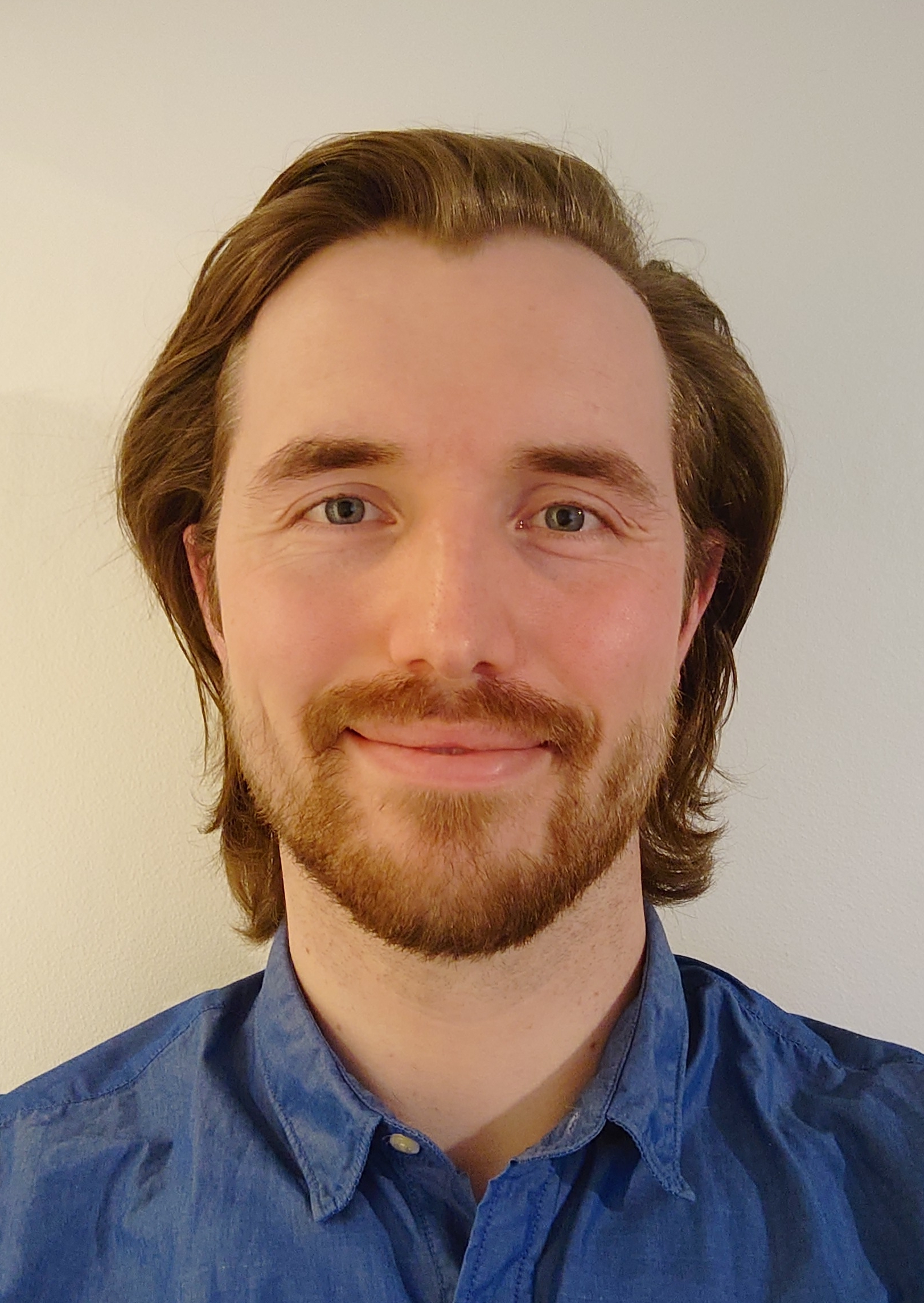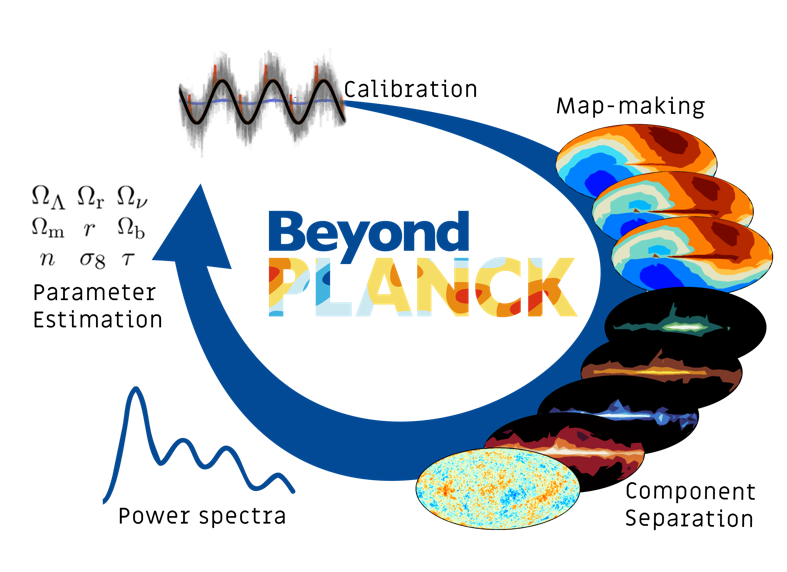
The PhD defence and trial lecture will be fully digital and streamed directly using Zoom. The link will be available the day before the disputation. The host of the session will moderate the technicalities while the chair of the defence will moderate the disputation.
Ex auditorio questions: the chair of the defence will invite the audience to ask ex auditorio questions either written or oral. This can be requested by clicking 'Participants -> Raise hand'.
Join the disputation
The meeting opens for participation just before the disputation starts, and closes for new participants approximately 15 minutes after the defence has begun.
Trial lecture - time and place
"Experimental prospects for understanding the Epoch of Reionisation"
The video recording of the trial lecture is no longer available.
Conferral summary
Jeg og mine kolleger har utviklet helt nye og forbedrede analyse-metoder for neste generasjons eksperimenter som studerer den kosmiske bakgrunnsstrålingen. De nye metodene tillater at alle modell-parametere kan estimeres samtidig, enten de er instrumentelle, astrofysiske eller kosmologiske.
Main research findings
The Cosmic Microwave Background (CMB) radiation is the most remote signal we can observe in the Universe. The properties of this signal can tell us much about the large scale structure of our Universe, how it began, and how it will evolve.
Because the CMB signal is so weak, and even with the most sensitive of detectors, there are still signals arising from within the detectors that mix with the signal from the sky.
In my work, my colleagues and I have developed new and improved analytical methods for data processing, where all model parameters are estimated simultaneously, be they instrumental, astrophysical or cosmological. This allows us to better model the signals arising from within the instruments and remove these signals from the sky signals, resulting in cleaner maps of the microwave sky.
The processing framework we have created is important for future research of the CMB, as a cleaner and more sensitive model of the CMB is required to find direct proof for the theory of cosmic inflation; the theory that the Universe in its very first moments of existence underwent a very rapid expansion.
